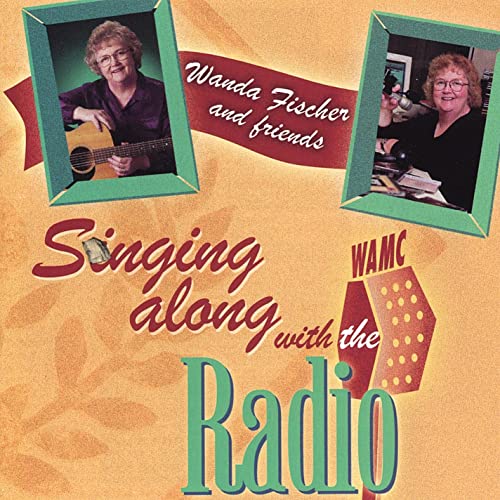In October 1956, I was just about to turn eight years old.
We had just purchased the first television ever in our household, which, at the time, had an antenna, a bunch of tubes, and frequently went out of service so that we had to call a repairman to fix it. The set was humungous. It was inside a mahogany-like cabinet on legs and it took up half of the living room wall.
I was fascinated with this technology, just like today’s eight-year olds are fascinated with the latest cell phones, video games and whatever other electronics they can get their hands on. I watched everything–the news, comedies, dramas, you name it.
Around the first part of November, I watched in horror as I saw people from Hungary walking miles and miles with whatever they could carry to flee from the invading Soviet Union army. Women, children, babies, elderly men and women, with satchels and suitcases, dragging whatever they could. They looked weary and lost.
In true eight-year old fashion, I asked my father what was happening. “They’re trying to get away from the commies,” he said.
“What are ‘commies'”? I asked
“The Communists in Russia,” he replied. “They’re very bad people. They tell the people what they can and can’t do. It’s not like it is here in America.”
Commies.
That’s what this was all about. The newsman (they were all men at the time) said something about a man named Nikita Khrushchev deciding that he would put down a revolution started by students who were tired of being oppressed by the Soviet Union (what my father called “Russia”).
I felt helpless. What could an eight-year old do? I was thousands of miles away from those people. How could I even get sandwiches to them?
I couldn’t.
Every night, thought, when I dried the dishes, I played a game. I put the silverware (okay, it wasn’t silver) away, pretending I was rescuing Hungarian refugees. The spoons were the children, the forks the women, and the knives were the men. I put the spoons and forks away first, then the knives. I talked to them and said, “Don’t worry, you will be safe. Maybe you can come to America one day.”
My mother made fun of me. She kept asking me who I was talking to, and I’d stamp my foot and tell her to leave me alone. “I’m busy!”
“You still have a lot of dishes to dry,” she’d say.
On the nights when she was working, I had the place to myself. I “smuggled” refugees all around the kitchen before I put them away in their hiding place in the silverware drawer. I couldn’t reallysave anyone, but I was developing a conscience about people who were less fortunate than I am–people who didn’t had a place to sleep, people living under a dictator, children who had nothing to eat.
Fast forward to 1975. I met a woman who worked at the medical school my husband attended in central Massachusetts. She was Hungarian. Of course, I asked her about the Hungarian revolution. It turned out that she was one of those children who was walking hundreds of miles to escape the Soviet dictatorship. She was about eleven years old at the time. She told me so many harrowing stories that brought tears to my eyes.
I lived through the Cold War, with Khrushchev and his minions threatening, “We will bury you!” aimed at the United States. I have learned much more history, even facts about the Hungarian revolution and Soviet domination of other countries. I watched in horror, again, when I was a sophomore in college, as they invaded Czechoslovakia.
Today I have the same helpless feeling I had when I was eight years old, watching in horror as Russia has invaded Ukraine for no other reason that its current dictator, Vladimir Putin, was to control the people in the country’s democracy. I watched, in horror, as people carry whatever they can to escape the country they love, while Putin sits in his lair in Moscow, sends people to their deaths.
I saw the duly-elected president of Ukraine on television, saying that he has a target on his back, and if or when Russian troops find him, they will execute him. Volodymyr Zelensky said he’s Putin’s number one victim-to-be, while members of his family are number two.
President Joe Biden had levied major sanctions on Russia and its oligarchs–the wealthy Russians who surround Putin. Average Russians have taken to the streets, risking arrest and jail at Putin’s hands, demanding that Putin stop his deadly quest. He listens to no one except his own inner voice, calling for this crusade for power and control.
During the Hungarian revolution, an estimated 5,000 civilians lost their lives. How many will die with this invasion, this time of a democracy?
I sit thousands of miles away, helpless, powerless, uncertain for the future of the world. My father died in 1987. He fought fascism during World War II. Some people in our country are supporting Putin. Some are supporting fascism, no matter how many of our own military lost their lives fighting fascism during World War II.
Some people throw the word “socialism” out whenever communities try to help one another. Others level that language to calling people “communists.” I hope people stop using these words lightly and discover what they really mean. We are seeing communism in action right now. We must not turn to its opposite–fascism–to solve these problems. It will only deteriorate to the point where we have no world. At all.


0 Comments